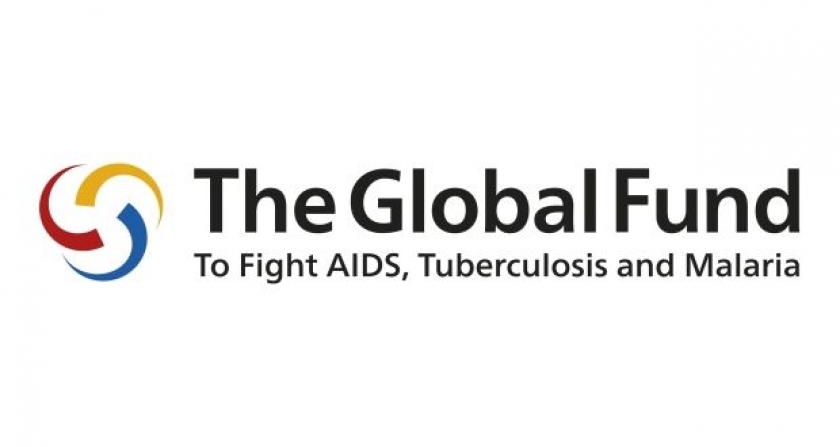By Zayamu Hassan
A new report released by the Global Fund has shown that the COVID-19 pandemic had a devastating impact on the fight against HIV, TB and malaria in 2020.
The report revealed the catastrophic impact the COVID-19 pandemic had on the fight against TB worldwide.
This is even as the report disclosed that since its inception in 2002, the Global Fund partnership has saved 44 million lives.
And the number of deaths caused by AIDS, TB and malaria decreased by 46 per cent in countries where the Global Fund invests.
According to the report, while some progress was made, key programmatic results have declined for the first time in the history of the Global Fund.
While commenting on the new report, the Executive Director of the Global Fund, Peter Sands, said: “To mark our 20th anniversary, we had hoped to focus this year’s Results Report on the extraordinary stories of courage and resilience that made possible the progress we have achieved against HIV, TB and malaria over the last two decades.
“But the 2020 numbers force a different focus. They confirm what we feared might happen when COVID-19 struck.”
In 2020, the report said, the number of people treated for drug-resistant TB in the countries where the Global Fund invests dropped by a staggering 19 per cent with those on treatment for extensively drug-resistant TB registering an even bigger drop of 37 per cent.
On the other hand, the number of HIV-positive TB patients on antiretroviral treatment as well as TB treatment dropped by 16 per cent.
The report also highlights significant declines in HIV testing and prevention services for key and vulnerable populations who were already disproportionately affected.
Compared with 2019, people reached with HIV prevention programs and services declined by 11 per cent while young people reached with prevention services declined by 12 per cent.
Mothers receiving medicine to prevent transmitting HIV to their babies dropped by 4.5per cent. HIV testing dropped by 22 per cent, holding back HIV treatment initiation in most countries.
“Interventions to combat malaria appear to have been less badly affected by COVID-19 than the other two diseases.
“Thanks to adaptation measures and the diligence and innovation of community health workers, prevention activities remained stable or increased compared to 2019. The number of mosquito nets distributed increased by 17 per cent, structures covered by indoor residual spraying increased by 3%,” a statement by the Global Fund said.
In 2020, the report further explained, 11.5 million pregnant women received preventive therapy, however, suspected cases of malaria tested fell by 4.3% and progress against the disease stalled.
The report revealed that the Global Fund partnership’s rapid and determined response to COVID-19 prevented an even worse outcome.
In 2020, the report noted that the Global Fund disbursed $4.2 billion to continue the fight against HIV, TB and malaria and strengthen systems for health and approved an additional US$980 million in funding to respond to COVID-19.
As of August 2021, the Global Fund has approved a total of $3.3 billion to more than 100 countries to adapt lifesaving HIV, TB and malaria programs, provide critical tests, treatments and medical supplies, protect front-line health workers and urgently reinforce fragile systems for health.
These investments along with fast action and funding from donors, governments, communities and health partners helped mitigate the impact of COVID-19 on HIV, TB and malaria and achieve the progress made in the fight against the three diseases.
According to the Agency, as of 6th September, 2021, a total of 3,600,858 Nigerians have received their first dose of COVID-19 vaccine.
“This is made up of 2,551,738 persons vaccinated with AstraZeneca vaccine and 1,049,120 persons vaccinated with Moderna vaccine, bringing the total number of persons vaccinated with AstraZeneca vaccine to 1,576,011,” he stated.




